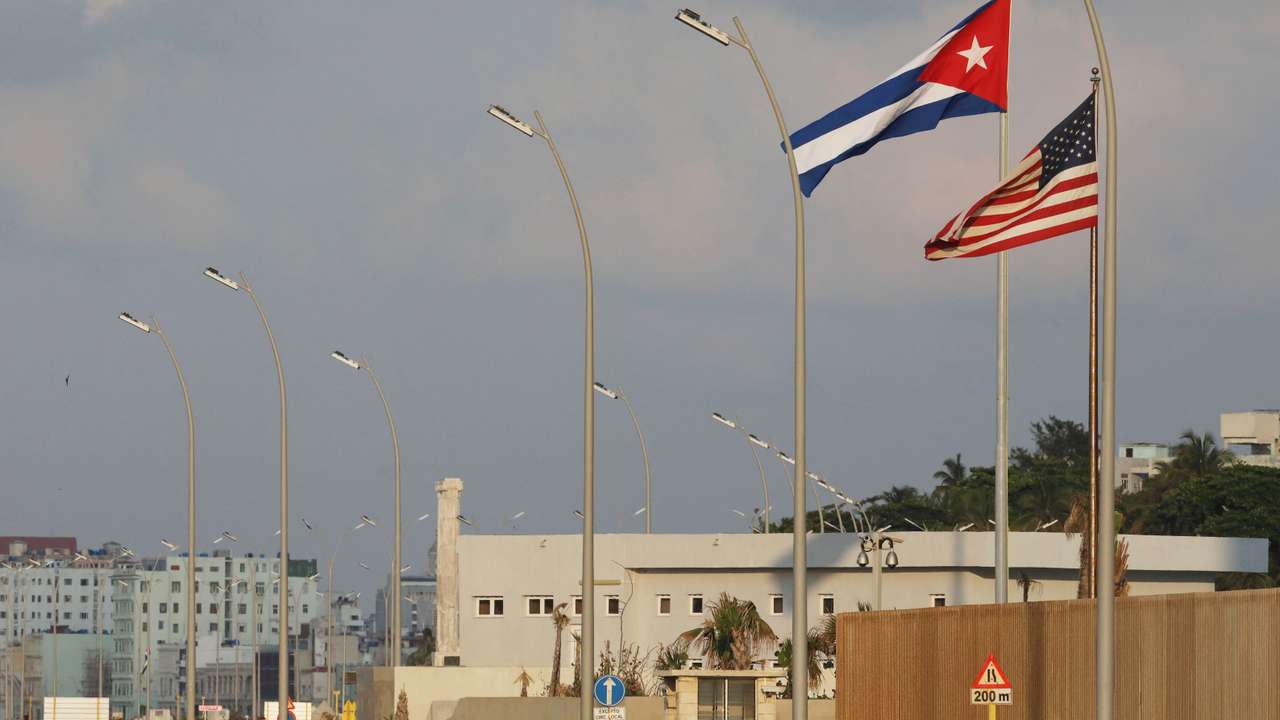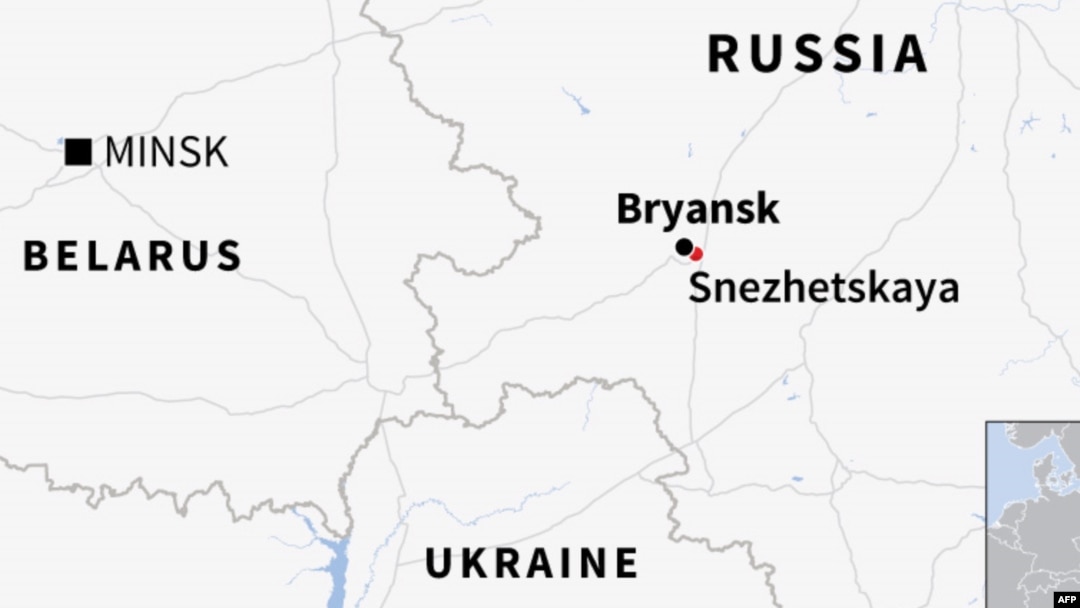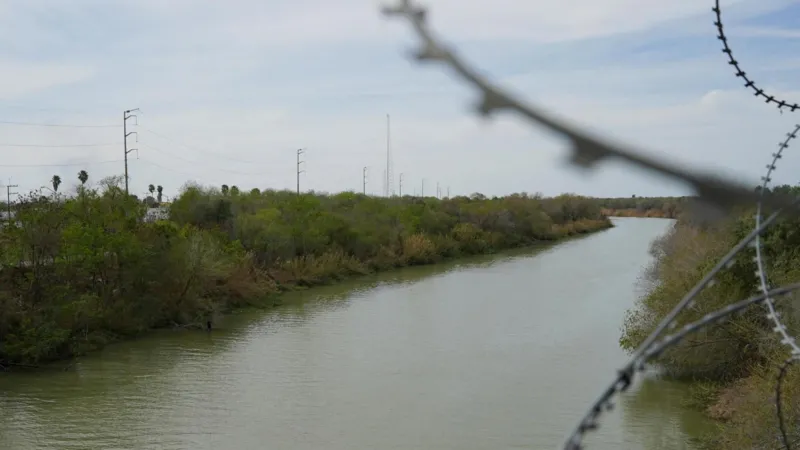Public Universities Should Be Named Based on Geography - Kweku Azar Writes

My long-standing view is that public universities in Ghana should be named based on geography (e.g., University of Cape Coast), mission (e.g., University for Development Studies), or both (e.g., University of Education, Winneba). This approach is not only principled—it is practical.
Indeed, this is the model that has given us institutions such as the University of Ghana (UG), Ghana Institute of Management and Public Administration (GIMPA), University of Cape Coast (UCC), University for Development Studies (UDS), University of Energy and Natural Resources (UENR), University of Health and Allied Sciences (UHAS), University of Mines and Technology (UMT), and University of Education, Winneba (UEW). It is a model rooted in national identity and public purpose.
The rationale is simple: public universities are established and funded by the public purse, not private individuals or political regimes. Their names should reflect their public character, not the partisan interests or legacies of transient political actors. Being in power does not make one the owner of public funds.
Some may raise KNUST as a counterpoint. In fact, some of the renaming that we witnessed in recent years may have been driven by it.
It is important to clarify that KNUST was not renamed after Kwame Nkrumah—it was originally named the Kwame Nkrumah University of Science and Technology in 1961 by Act 80. It was later renamed UST by the NLC, but in 1998, the Rawlings government restored its founding name.
While this naming does not align with my preferred principles of geography or mission, I respect the legislative intent behind its original designation and acknowledge the strong brand identity KNUST has built over decades. That said, KNUST is the exception—not the model to follow.
I have no objection to universities, not politicians, naming internal facilities—buildings, roads, lecture halls, colleges, or institutes—after individuals or organizations who have made substantial contributions to the institution or to education more broadly. That is reasonable and respectful.
But even in those cases, University Councils must exercise restraint. They should respect the naming decisions of their predecessors. Otherwise, universities risk descending into naming wars—disrupting institutional continuity, confusing the public, alienating benefactors, and damaging their own brands.
If the renaming of a library or science block can generate confusion or conflict, how much worse when an entire university is renamed?
Yes, Parliament, never the President, has the power to change the name of a public university. But power must be exercised with wisdom.
Issues of comity, branding, institutional heritage, and public consensus must all weigh heavily against such renaming exercises. The symbolic weight of a university’s name far exceeds the political moment in which it is changed.
It goes without saying that politicians—by nature partisan and often divisive—are the least appropriate figures to name a public university after, especially when that university is meant to serve all Ghanaians.
That is why I opposed the renaming of some of our public universities a few years ago. And it is why I will support any well-grounded effort to reverse those renamings and restore the integrity of our public academic institutions.
Da Yie!
Source: Kweku AZAR

















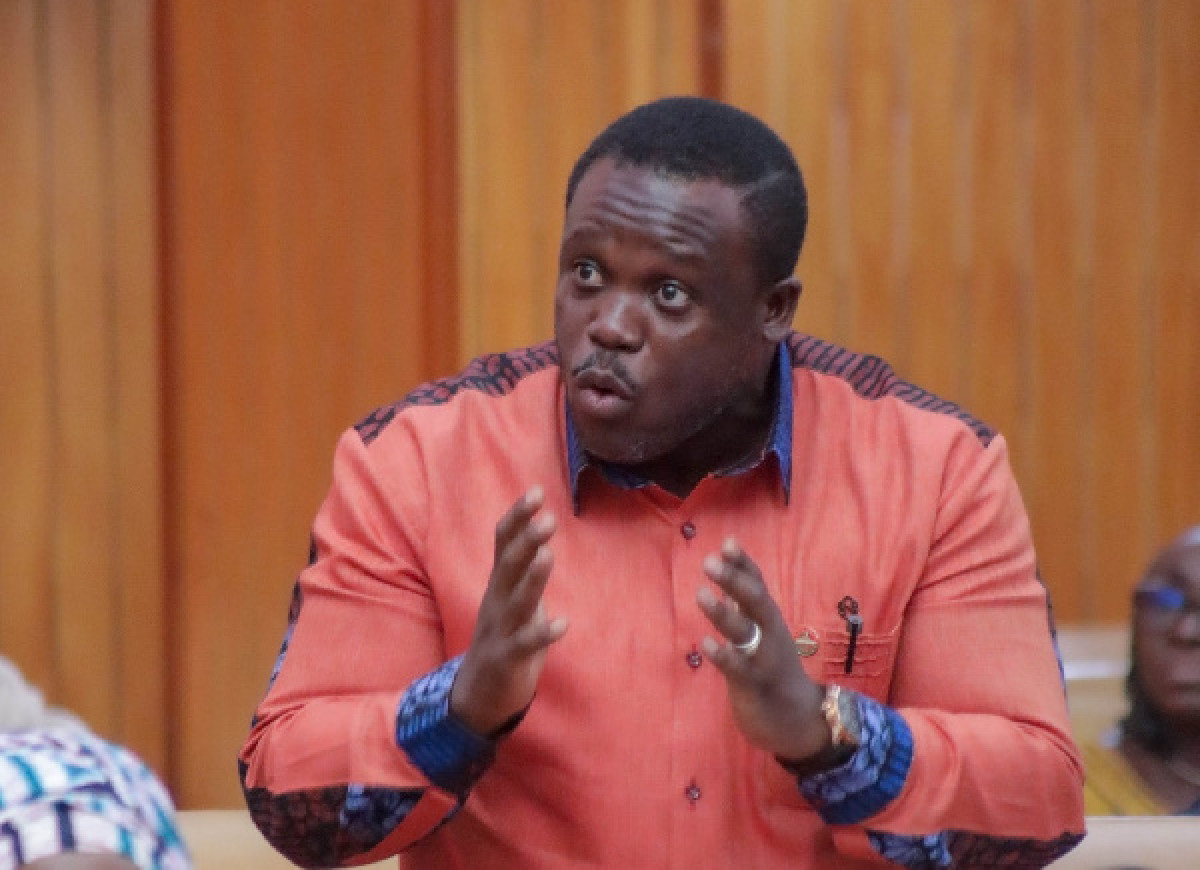
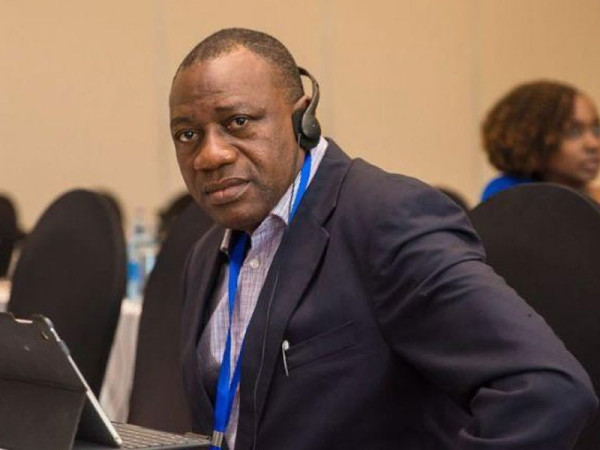




:max_bytes(150000):strip_icc():format(webp)/Health-GettyImages-ToothpasteOnAcne-4ea4cfedb2224b0fb601e61b59913d06.jpg)






